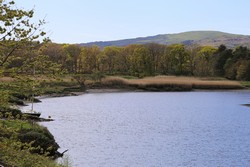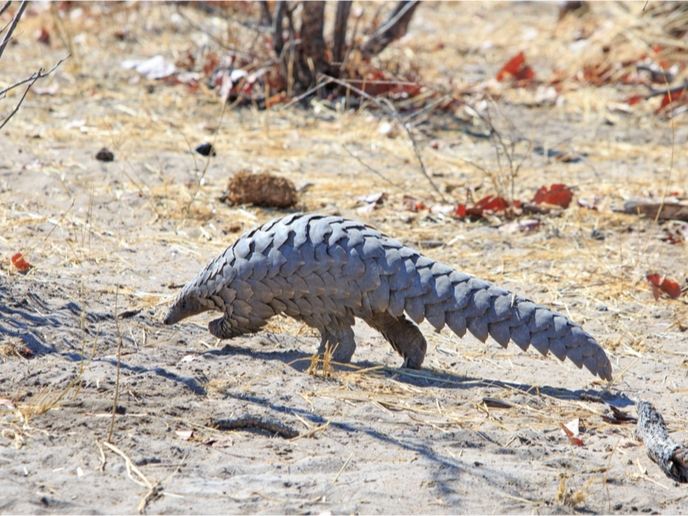Standards for crowdsourced data
Mobile devices offer opportunities for citizen-sourced scientific data, although often the data are held in silos and lack any usable standards. Thus, a need exists to improve the usefulness of such data for decision-making and for fostering social goals. The EU-funded COBWEB(opens in new window) (Citizen observatory web) project developed a generic crowdsourcing infrastructure platform. The platform takes the form of a downloadable software toolkit intended to generate data of quality sufficient to benefit policymakers. The platform also integrates various types of data, including environmental, cyber and social sensors. The team explored the potential for integrating the infrastructure platform into biosphere information systems, and for use of the WNBR. The team worked to deliver pilot case studies in three areas: creation and validation of data products from satellite data, biological monitoring and flooding. Researchers successfully produced several platform components, although at varying levels of technological readiness. Some components at a higher level of readiness have been converted to open-source coding. The study also demonstrated the possibility of utilising citizen-sourced data for interoperable and flexible environmental monitoring. Researchers determined that the WNBR is an excellent and little-used resource for mobilising citizens within biosphere reserves. WNBR provided access to a motivated and organised pool of citizens interested in sustainable development. The team especially demonstrated the benefit of creating a generic solution to the problem of automating quality control. The project’s solution was flexible and adaptable to many different scenarios, plus helped with the reuse of citizen science data. COBWEB’s approach for managing privacy and security impacted GEOSS and is being used by successor projects. The project’s Sensor Web Enablement for Citizen Science (SWE4CS) initiative represents a step towards standardisation. The development pioneered a harmonised information model for exchange of citizen-sourced data and for addressing semantic interoperability issues. The consortium established a new Open Geospatial Consortium Citizen Science Working Group, which will advance global interoperability issues. The project also hosted regular workshops. COBWEB’s new standards for use of citizen-sourced data are being used by other projects. The work provides a new data source that benefits the management of environmental and social problems.







